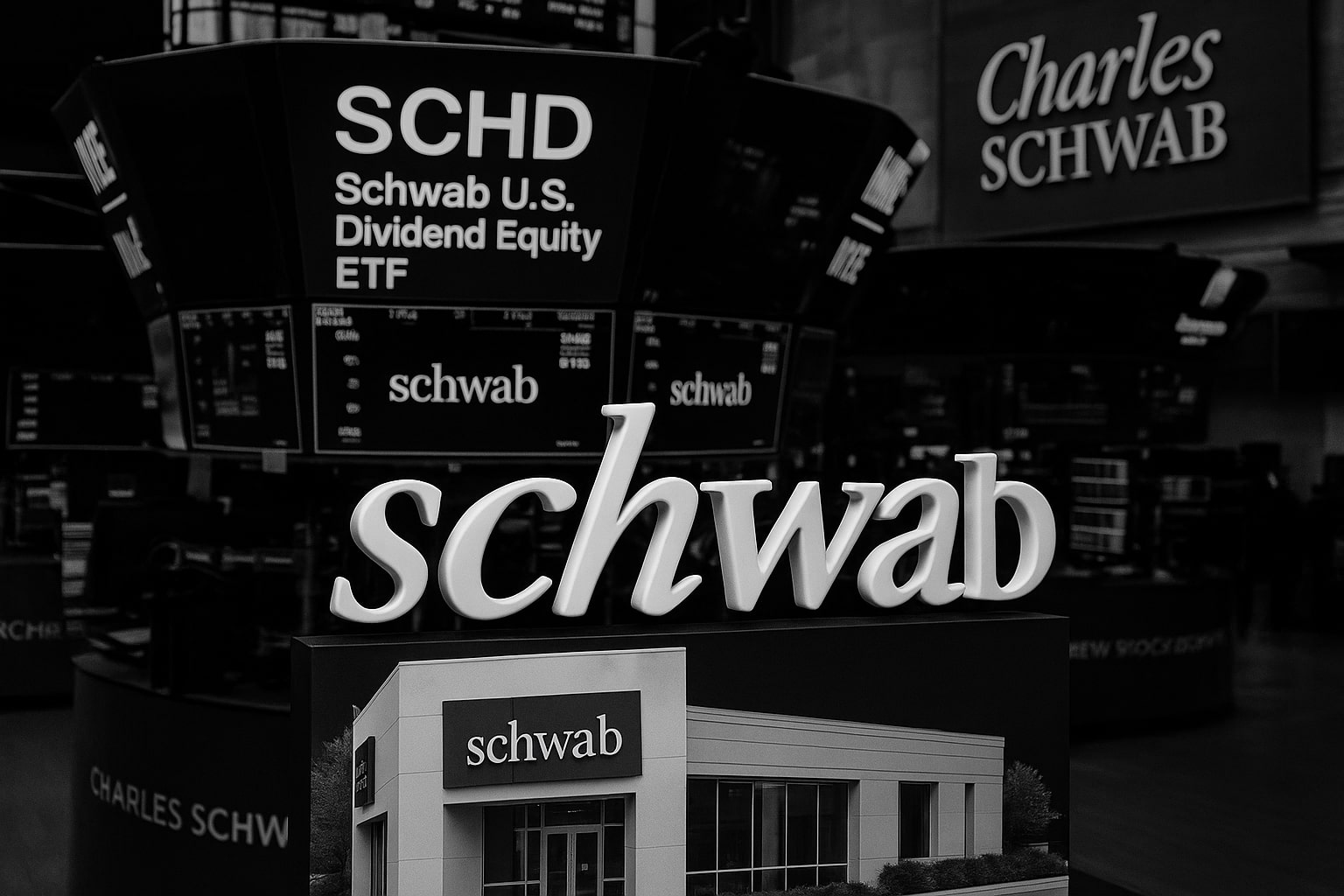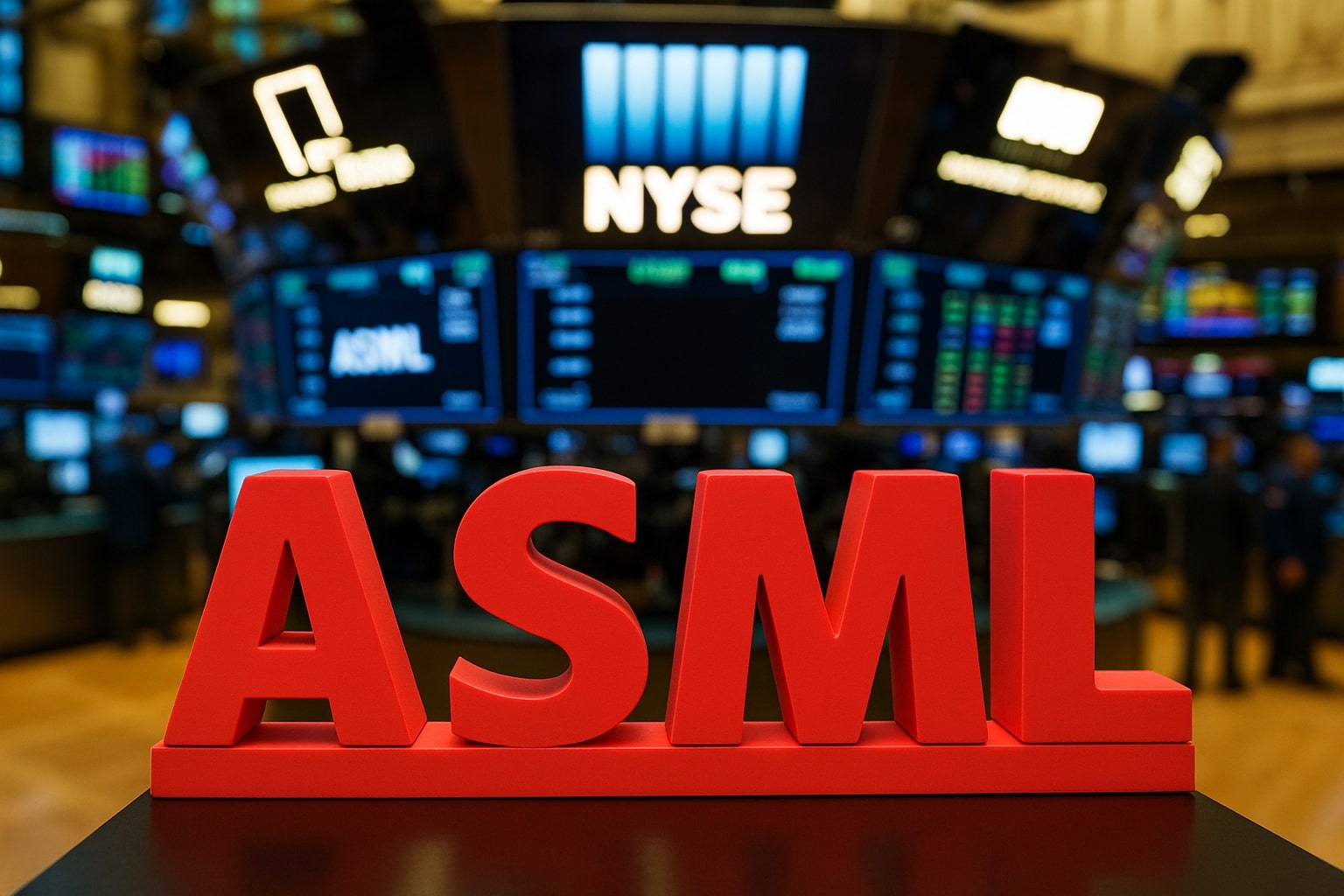
Lemonade (NYSE: LMND) Surges 10% as Q1 Revenue Doubles
AI-Powered Insurtech Lemonade Defies Investor Pessimism with Impressive Growth, Enhanced Predictive Capabilities, and Strategic Expansion
Insurance technology company Lemonade (LMND 1.65%) saw its shares lose 24% of their value in April, according to data provided by S&P Global Market Intelligence. The banking crisis contributed to investor pessimism, particularly in the fintech sector. Lemonade has built a reputation on offering AI-based insurance products, utilizing machine learning for policy underwriting and prioritizing customer satisfaction. Their digital approach has earned them B Corp status, as policyholders can donate remaining policy funds to charity.
Initially offering affordable renter's insurance, Lemonade has expanded its product offerings to include homeowner's, pet, life, and auto insurance. The company's strategy targets younger customers with smaller policies, growing alongside them as they require more extensive coverage. This approach has led to strong growth, with a 30% YoY increase in premium per customer in Q4 2022, reaching $346. In-force premium, a measure of aggregate policy amount for the quarter, rose by 64% to $625 million.
Despite the robust growth, investors have become concerned about Lemonade's ability to reduce its loss ratio, which indicates the proportion of policy payouts. Although the company initially made progress in lowering the ratio, it has struggled to maintain the improvement.
Lemonade has been focused on launching new products and entering new markets over the past two years, including the acquisition of an auto insurance company. Management now plans to pivot towards reducing expenses and enhancing profitability. Some investors view these efforts as inadequate, and the stock has continued to decline in value, down 20% in 2023 despite the S&P 500's 7% increase.
However, Lemonade's rapid growth offers potential for a turnaround. If the company can demonstrate improved profitability, investors may become more optimistic. The company recently reported Q1 2023 earnings, posting an EPS loss of $0.95, which was better than the expected loss of $1.13. Quarterly revenue reached $95.2 million, exceeding the consensus estimate of $88.18 million.
For Q2 2023, Lemonade projects revenues of $96-98 million, higher than the $91 million analyst consensus. The company also raised its FY 2023 revenue guidance to $392-396 million, compared to the analyst consensus of $381 million.
Despite experiencing a 39.60% decline in the last 3 months and a 52.61% decrease in the last 12 months, Lemonade's stock closed at $11.09. Over the last 90 days, the company saw two positive and one negative EPS revisions. InvestingPro rated Lemonade's financial health as "weak performance."
In Q1 2023, Lemonade reported a YoY revenue increase from $44.3 million to $95.2 million, surpassing the Zacks Consensus Estimate by 7.72%. The company has beaten consensus revenue estimates for four consecutive quarters. The stock's future trajectory will largely depend on management's commentary during the earnings call and subsequent performance.
Lemonade's Q1 2023 financial reports revealed an 11% improvement in Adjusted EBITDA and a reduction in losses, as revenues doubled compared to the same period in 2022. The company reported a 23% increase in customers and a 26% increase in the average premium per customer, contributing to a 56% rise in total annual premiums (IFP) to $653 million. As a result, Lemonade updated its annual growth forecast to $700-705 million.
The loss ratio decreased slightly to 87%, even with several catastrophic events affecting policyholders during the quarter. Excluding these events, the loss ratio was 72%. The company attributes this downward trend to improved predictive capabilities, thanks to machine learning technology. The 12-month customer retention rate (ADR) also improved by 5% compared to Q1 2022, standing at 87%.
Lemonade's stock has lost 19% since the beginning of the year, prior to the opening of trading, and is currently trading at $11.1, representing a market value of $770.3 million.
Shai Wininger, co-founder and CEO of Lemonade, stated: "In Q3 2022, we turned a page and have since been moving in a positive direction towards profitability. We achieved our goals for Q1 2023 above expectations and demonstrated growth in all parameters, leading us to update our forecasts accordingly. Lemonade was founded and operates on the basis of AI, which is continuously improving its underwriting capabilities. As a result, we estimate that within the next 18 months, investors can expect significant savings in the company's cost structure while enhancing the quality of service."
Despite the recent decline in stock value, Lemonade's focus on AI and machine learning technology gives the company a competitive edge in the insurance market. This technology enables more accurate risk assessment and pricing for policyholders, which could result in a reduced loss ratio and increased profitability.
Moreover, Lemonade's commitment to sustainability and ethical practices, as evidenced by its B Corp status, could help attract and retain customers who prioritize corporate responsibility. The company's unique approach of allowing policyholders to donate unclaimed funds to charity further reinforces its social impact.
The expansion of product offerings and strategic acquisitions, such as the purchase of an auto insurance company, demonstrates Lemonade's adaptability and ambition. By targeting younger customers and growing with them as their insurance needs evolve, Lemonade has developed a sustainable growth model that could serve them well in the long term.
In conclusion, Lemonade's innovative use of AI and machine learning technology, along with its focus on customer satisfaction, sustainability, and strategic expansion, positions the company for potential future success. Although investors have expressed concerns about the loss ratio and the stock's recent performance, Lemonade's strong growth and updated forecasts suggest that the company has the potential to overcome these challenges and improve profitability in the coming months.
Read More
-
SCHD ETF Holds Ground With 3.6% Yield as Dividend Investors Eye Stability Over Growth
15.10.2025 · TradingNEWS ArchiveStocks
-
Ripple XRP (XRP-USD) Steadies at $2.43- SEC Shutdown Freezes ETF Decisions, Inflows Hit $61.6M
15.10.2025 · TradingNEWS ArchiveCrypto
-
NG=F Falls to $2.99 as Record Supply Outpaces Demand Despite 16.9 Bcf/d LNG Exports
15.10.2025 · TradingNEWS ArchiveCommodities
-
USD/JPY Price Forecast - Yen Weakens to 151.30 Amid Dollar Selloff
15.10.2025 · TradingNEWS ArchiveForex


















